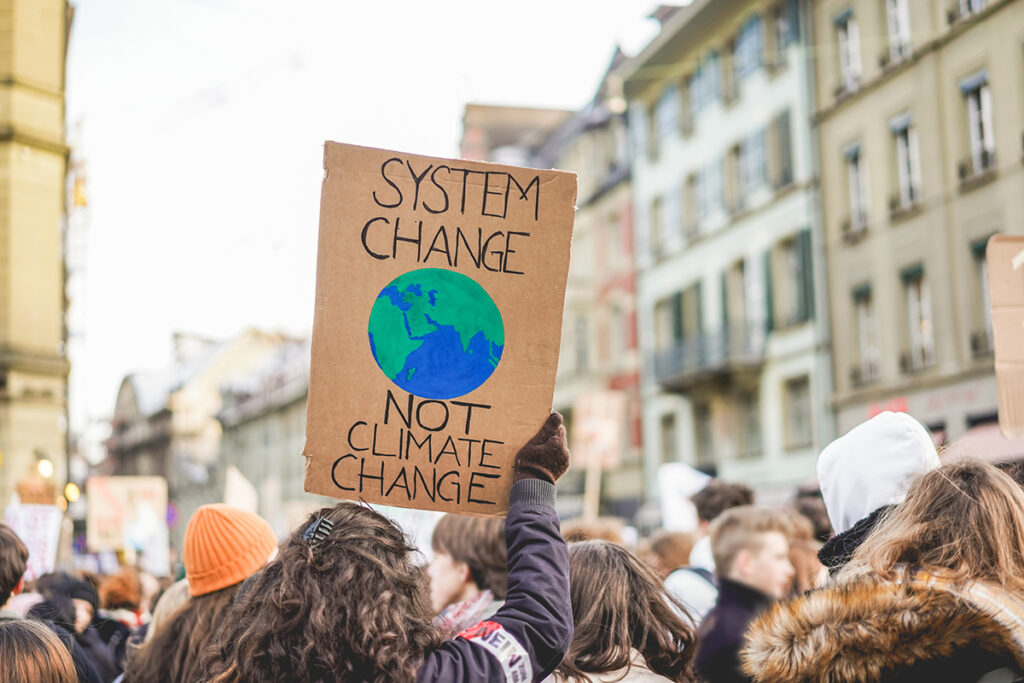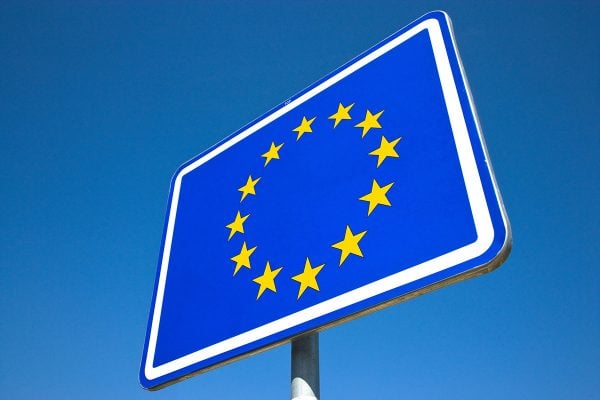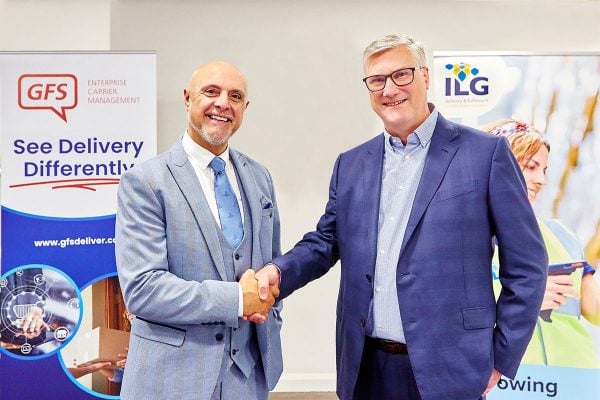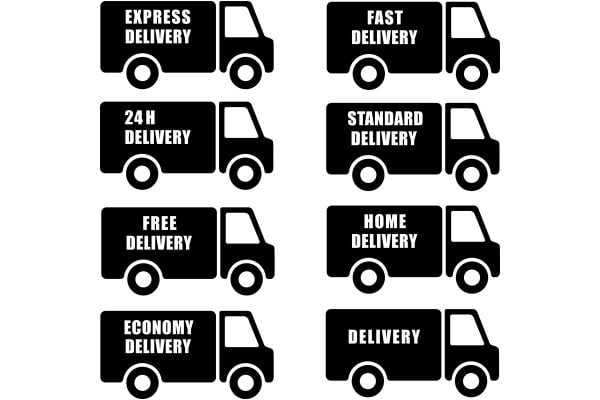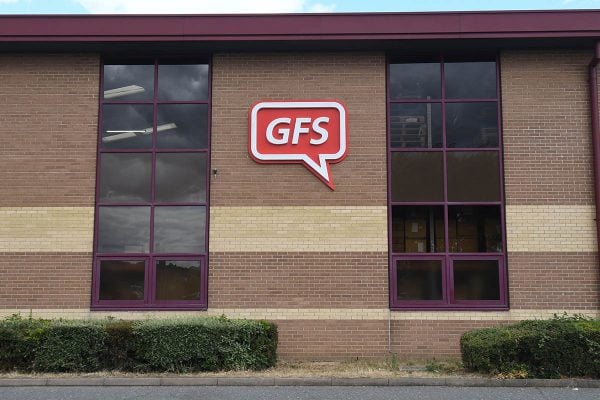In this guest post today, Bobbie Ttooulis, Group Marketing Director at GFS looks at the why it’s becoming increasingly urgent for ecommerce businesses to get serious about going green.
If you’ve not already signed up for Tamebay Live (25th-27th Jan), Bobbie will be interviewing Patrick Gore and Hannah Lia of hampers.com and taking a look back at Q4 and what actually happened. With Covid and a labour shortage, this was always going to be one of the most challenging year ever, but perhaps not quite as challenging as their year that Hampers.com’s courier went bust! Register to attend Tamebay Live and get your free ticket to attend the masterclasses as they stream live or watch on demand after the event closes.
Climate Change
Climate change is at the forefront of everyone’s minds with extreme weather events devastating countries across the world, and governments working on ways to reduce carbon emissions. Retailers & consumers are increasingly focused on going green, for both the planet and also their own businesses.
As customers become more eco conscious, businesses face losing sales if they don’t show they’re adapting. A third of customers say they are ‘highly engaged’ in creating a sustainable lifestyle and that converts to their buying practices. 67% check a brand’s sustainability before purchasing and 73% of global consumers say they would change their consumption habits to reduce environmental impact. Environmental concerns from customers are impacting their behaviours, so now is the time for ecommerce businesses to take action to ensure they don’t get left behind.
Packaging
One area ecommerce businesses can create a more sustainable strategy is through packaging. The global ecommerce industry used approximately 2.1 billion pounds of plastic packaging in 2019 and the UK is the third biggest culprit after the US and China. On top of that, ecommerce used 10x more packaging than bricks and mortar stores, with many businesses over packaging to ensure products arrive undamaged. Many businesses are beginning to tap into more eco-friendly options, focusing on recyclable bags and reducing the size of parcels to avoid stuffing boxes full of plastic.
Final Mile
However, the final mile to the consumer is one of the most opportune areas for improvement and is becoming a key focal point for ecommerce businesses. Going green in an industry that relies on carbon emitting vans on roads is easier said than done. With significant logistics and delivery systems, it’s clear that ecommerce businesses are dealing with a large carbon footprint. For the past few years, environmental technology such as drones and delivery robots have been touted as future solutions, as well as utilising current mainstream services such as Parcelshops and using Electric Vehicles.
In the UK, 27% of green gas emission is caused by transport, with logistics and delivery being a contributor to this. Due to the steep rise in ecommerce during the pandemic, and a projection of deliveries expected to grow by 78% by 2030, the urgency for a more sustainable final mile will only grow. With the government urging businesses to cut their emissions to NetZero by 2050 or sooner, a key focus for the industry now and in coming years will be how they invest, diversify and refine the services that are offered in order to deliver this goal.
Going Green
All businesses will need to be able to show their customers how they are becoming more sustainable and how their customers can choose services that fit with their drive to a sustainable lifestyle. Offering customers more green delivery options can be difficult when just working with one carrier but working with lots of different carriers can introduce complexity into a retailer’s business.
However, a business can benefit from the best of both worlds by working with a single multi carrier partner, for fast and easy access to all available services through a single contract. But it doesn’t stop there. Finding a multi-carrier partner with the logistics expertise and capabilities to consolidate parcels across multiple carriers takes it one crucial step further. Not only are they in unique position to consolidate parcel volumes and help retailers offer the broadest range of sustainable delivery solutions, but they can potentially also reduce final mile costs through greater operational efficiency, passing back to retailers the benefits of both.
Done the smart way, everyone benefits – the planet, your bottom-line costs, and of course your online sales because by offering customers sustainable delivery options means they can shop guilt-free. Finding a single multi-carrier delivery partner is by far the easiest and perhaps fastest way to set you on your way to sustainable delivery so you don’t get left behind.
To find out more, visit GFS and they’ll be happy to advise on ways that your business can fully embrace going green.
